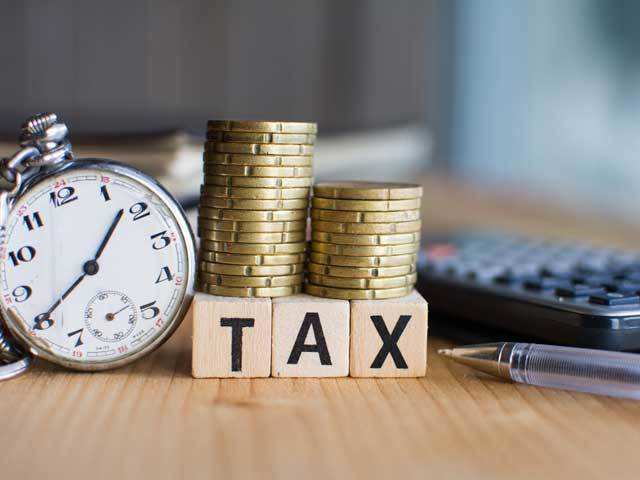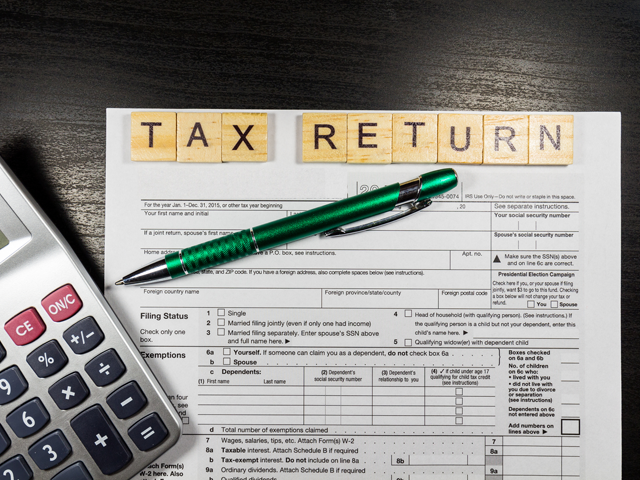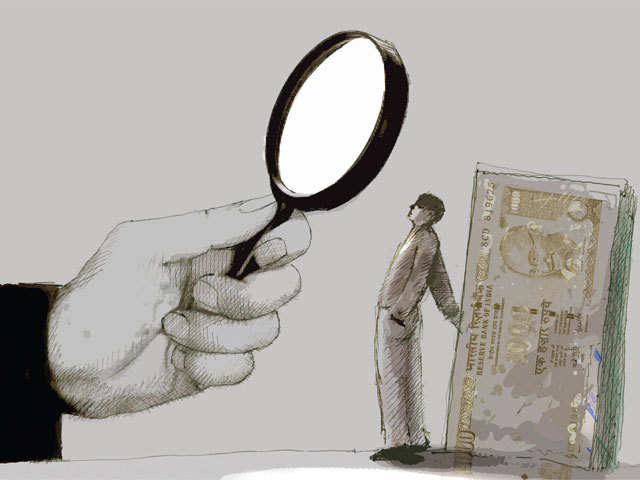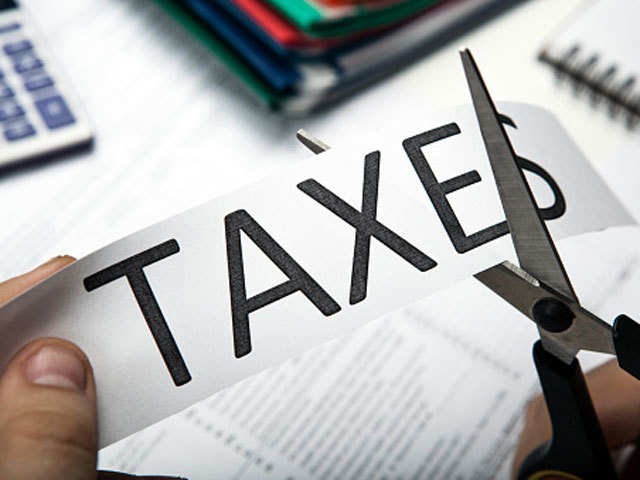Red flags to avoid while filing income tax return

Contents
These mistakes will alert the taxman
Here’s a list of seven red flags you need to avoid while filing your income tax return (ITR). These discrepancies in your tax return can alert the I-T department and fetch you a tax notice.

Discrepancy in declared income and actual income
The Form 16 from your employer has two parts. Part A has details of the payments made to the employee and the tax deducted on it. Part B gives the break-up of the income and shows how the tax has been calculated after taking into account all exemptions and deductions. If there is a significant mismatch in the actual income mentioned in Part A and the declared income in Part B, the taxpayer can expect a notice from the department seeking an explanation.

No interest declared in tax form
Every taxpayer earns some interest during the year. This could be from bank fixed deposits (FDs), recurring deposits (RDs), NSCs or even the savings bank account. According to Taxspanner, a tax filing portal, almost 80% of taxpayers do not report any interest income in their returns. However, this is something you have to report in your ITR. Interest up to Rs 10,000 earned on your savings bank account is tax-free but it still needs to be included in your total income for the year.

Not paying additional tax on interest
There are a lot of misconceptions about TDS. Many taxpayers believe that they don’t have to pay tax on interest if TDS has been deducted. But TDS is only 10% of the income. If the investor falls in a higher tax slab, he needs to pay additional tax. Some taxpayers think their fixed deposits will remain hidden. But the TDS is a dead giveaway. It will show up in the taxpayer’s Form 26AS, along with the interest income earned by the individual during the financial year.

Tax paid but ITR not filed
A person needs to file his ITR if his total income during the year exceeds the basic exemption limit. Even if the tax liability is zero after claiming all the deductions, the return must be filed. The basic exemption limit is Rs 2.5 lakh for general taxpayers, Rs 3 lakh for senior citizens above 60 and Rs 5 lakh for super senior citizens above 80. Suppose a person aged 35 earned a taxable income of Rs 4 lakh during the year and invested Rs 1.5 lakh in tax-saving instruments, then after the deduction, his tax liability will be nil. But he still needs to file his return because the total income was above the basic threshold.

Not reporting income from previous employer
This is a common problem. If a taxpayer changed jobs during the financial year, both employers would have given him Section 80C and other tax benefits. If he ignores the income from the previous employer, his tax will be very low. But it won’t be long before the discrepancy is detected. The missing income from the previous employer will be detected if TDS has been deposited on the taxpayer’s behalf, along with his PAN and other details. There was a time when one could have gotten away without declaring the previous income. Now, it is impossible. “Ignoring the previous income will certainly lead to a notice,” says a Delhi-based chartered accountant.

Sudden drop in income
There are many reasons why the income of a taxpayer can see a sharp drop, but it immediately alerts the tax department. Though this is more common in case of businessmen and traders, even salaried taxpayers may see a drop in income due to job loss, leave without pay or going on a sabbatical during the year. More often, it is because he changed jobs mid-year and declared income from only one employer. As mentioned earlier, this is a sure reason for getting a tax notice. For businessmen and traders, a drop in income raises suspicions of its concealment and tax evasion.

Exemptions sought are very high
The tax department hates giving out refunds and suspicions are aroused when you claim too big a refund in your return. Taxpayers with significant refund claims are likely to get notices from the tax office, asking them to substantiate their claims. While this is also usually in case of businessmen and traders, a salaried taxpayer may find himself in this situation if he has not furnished the proof of his tax-saving investments and other deductions to his employer on time.
[“Source-economictimes”]

